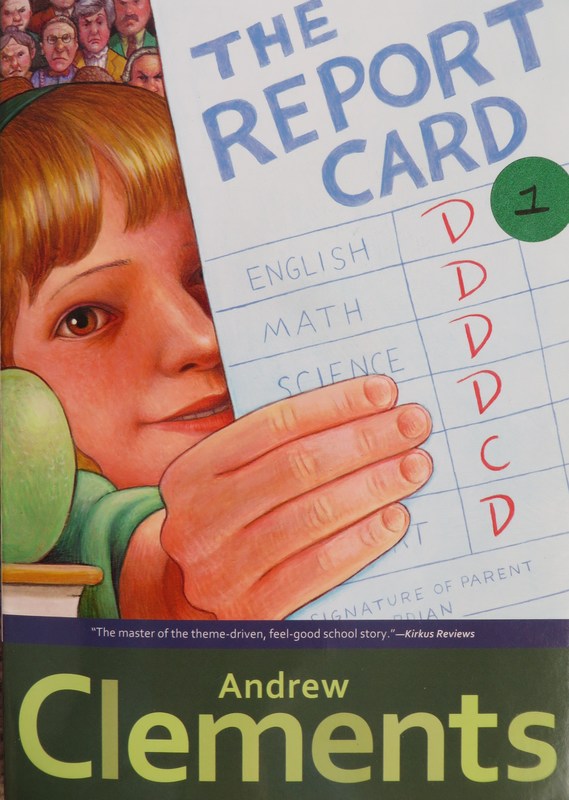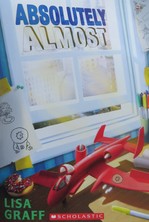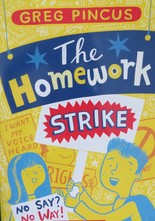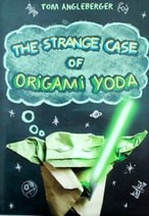The Report Card
|
|
|
Book Summary:
The protagonist is extremely intelligent, but decides from a young age to hide this from everyone around her so she can avoid being treated differently and maintain her friendship with a peer. She advocates against school programs that are only available to students with high grades. Book Review: I found this book anti-gifted, although I can see the appeal to students, since she creates a plan to question grades and tests and the "student power" message is fun for kids. Nora (the main character) is shown to try her best when she plays soccer, since "no one thinks you're weird if you're an excellent athlete - only in academics." Okay, the word in the text wasn't weird, but the gist is close enough. Sadly, that rings true, but the book doesn't pause to critique that, it's just an accepted fact. Nora refuses to try the gifted program when her secret is revealed, complaining that the other kids won't get those opportunities. The child who does participate in the gifted program at school is shown to be annoying and bossy, and the implication is that this is a result of his gifted label, rather than a child who happens to be annoying and bossy. Only one adult is shown to be responsive and thoughtful to individual student needs (without some prodding and reflection, at least), so it comes off rather anti-teacher, too. I agree with Nora that it's important not to let test scores and grades tell the story about a person, and that if we do, these things can make kids believe they are wearing untrue labels. However, I don't think it's a very thoughtful treatment of the issue, even for a middle-grade audience -- it's far too easy to cry about elitist labels than to actually explore what gifted education - and high-quality instruction in general - provides. "Report Card quote" |
If you like this book, you may also like . . .











